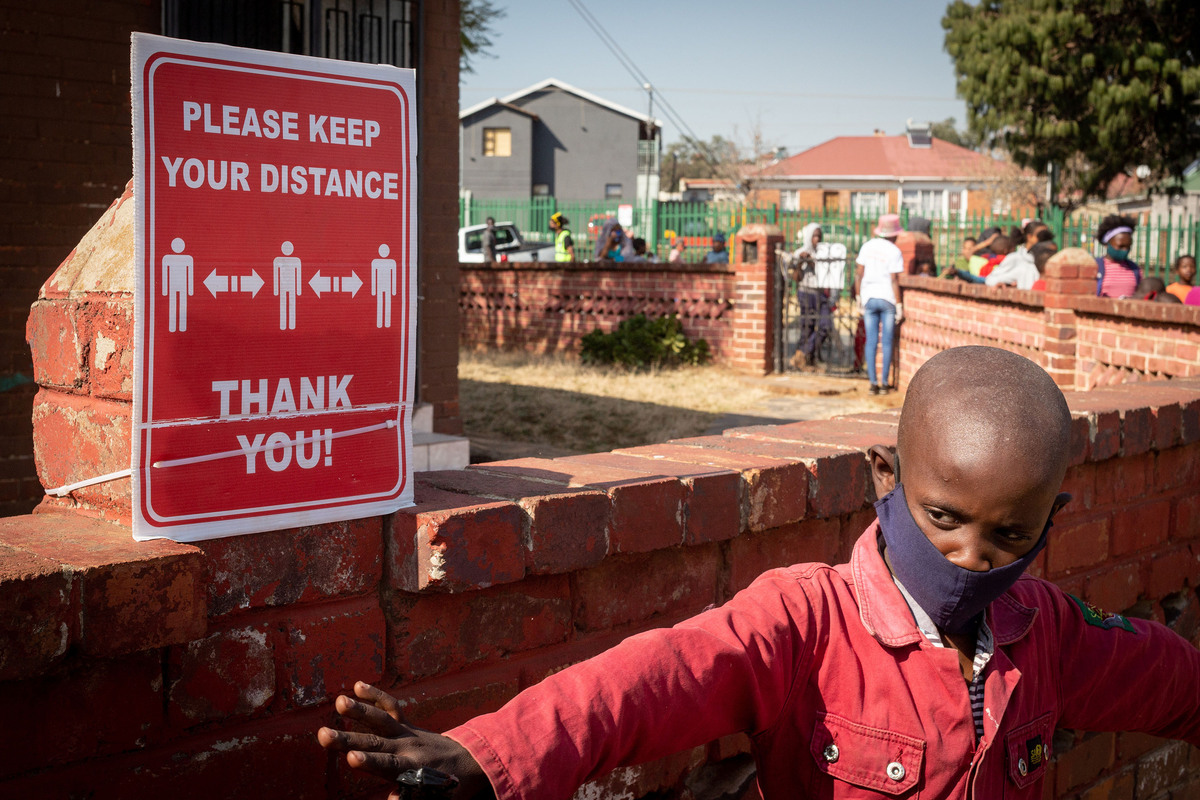South Africa's economy faces uncertain future


With visitors unlikely to return in the short term, virtual tourism has become an important way for destinations and individuals to connect with tourists worldwide.
For example, during the lockdown in Cape Town, virtual tours of the city's leading attractions were launched.
Itineraries include street art walking tours with an artist giving visitors firsthand information, 3-D tours of modern art and interviews with artists, and virtual safaris that include footage of animal sightings and close encounters experienced by rangers on patrol.
Graham Wallington, founder of the South African company Wild-Earth, which takes viewers on virtual safaris through a camera attached to an open-top vehicle, said there had been "a dramatic rise in viewership of our live safaris "and "a fivefold rise in the first two weeks in March."
Early this month, South Africa's Department of Tourism released a draft recovery plan for the sector. The plan envisages tourism in the country being likely between August and May next year, depending on the spread of COVID-19 in different provinces.
Vhumbunu, from Rhodes University, said that the biggest challenge in fighting COVID-19 in South Africa is the reluctance to observe lockdown regulations, especially social distancing.
"Some people are ignorant, while others are taking time to adjust to the reality of wearing masks, avoiding physical contact, and sanitizing. The fact that COVID-19 can be spread by asymptomatic carriers is worsening the situation," he said.
Moreover, there have been challenges in enforcing the 10-day self-isolation period at home for asymptomatic carriers or those suspected to have contracted the disease.
Some people are conducting their business and activities as usual, defying rules, regulations and advice. Others do not have sufficient space at home, especially in densely populated townships and crowded informal settlements, to self-isolate without being in close contact with other family members, Vhumbunu added.
He Yun, an assistant professor at Hunan University's School of Public Administration in Changsha, the provincial capital, said that compared with Europe or China, living conditions in some areas of South Africa mean that pandemic control measures do not work.
























